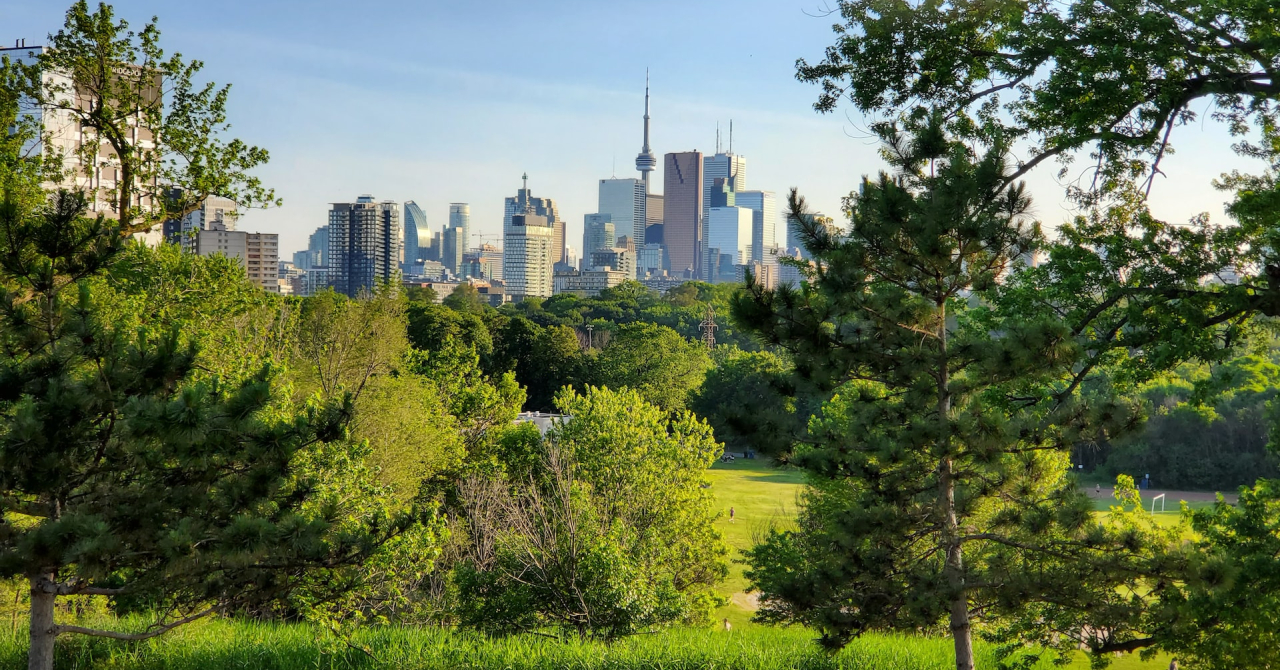According to Euronews.green, China has dealt both with droughts and floods this year, while Europe, Pakistan and Nigeria all had serious problems with either of these two extreme phenomena.
First, let's see what a "sponge city" is and how this solution can help with the way we manage our water resources.
A sponge city is a nature-based solution that favors water retention and flow-control with the help of green infrastructure, better drainage systems and more.
A city of this kind is not only about planting more trees, extending parks and improving the sewer system.
Other things help with how a city manages water flow, such as waterproofing the street so that it can both drain and evaporate rain and cover building roofs with plants and grass that can capture water.
The purpose of building cities this way is to prevent floodings and water accumulation in certain parts.
Professor Kongjian Yu, an ecological urban planner and landscape architect, is the researcher who promoted this idea back in 2013 and his proposed system is supposed to prevent flooding and water pollution, while also recycling rainwater.
He says that "though grey infrastructure of concrete, steel, pipes and pumps can be necessary to solve urgent individual problems, it consumes huge amounts of concrete and energy, lacks resilience and often accumulates a higher risk of disaster. It breaks the connection between man and nature."
Due to the fact that climate change is affecting our lives more in ways that we didn't think it would, the researcher believes that we must rethink the way we engineer cities to be more resilient in the face of these events.
"Sponge Cities are inspired by the ancient wisdom of farming and water management that use simple tools to transform the global surface at a vast scale in a sustainable way", he added.
The city of Harbin in China is one of the sponge cities that could define the future of urban infrastructure, as the city is designed with water management in mind.
This area is good for more than managing and storing water, it also creates natural habitats for many species that need it and it can also be a great relaxing space for people to recreate in.
Chinese officials will transform 16 selected cities, among which is Xiamen and Wuhan, into sponge urban areas with 55 million USD of funding for each.
Other cities around the world can benefit from following this example and start building and rebuilding their infrastructure to be more nature-oriented, which can work in their advantage in many ways.
Nanco Dolman, who works for the Dutch civil engineering firm Royal Haskoning, said that "ecological design can be about more than just green roofs and rain gardens - it can be a revolutionary rethink of the very texture of a city."
 Mihai - Cristian Ioniță
Mihai - Cristian Ioniță












Any thoughts?